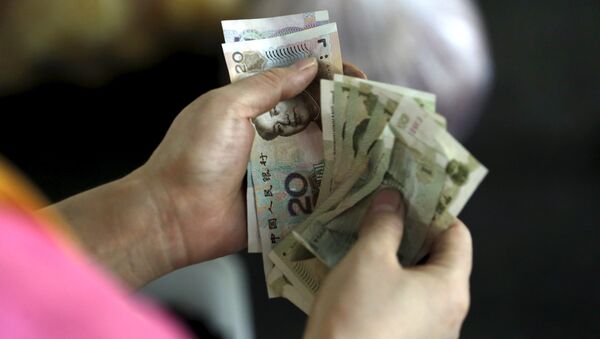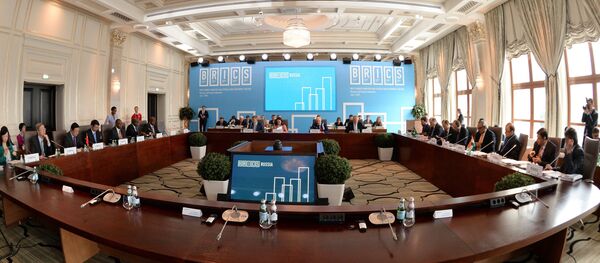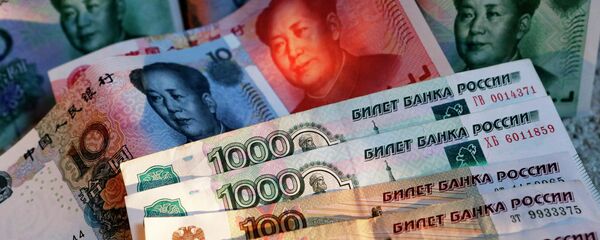The Chinese currency, also known as the renminbi, will be included in the SDR basket as a fifth currency, along with the US dollar, the euro, the Japanese yen and the British pound.
The symbolic decision is the first time an additional currency has been included in the SDR basket since it was created by the IMF in 1969, to supplement its member countries' official reserves. It also serves as the unit of account of the IMF and some other international organizations.
The inclusion of the yen means that from October 1 2016, the currency basket will be composed of the US dollar (41.73 percent), the euro (30.93 percent), the Chinese renminbi (10.92 percent), the Japanese yen (8.33 percent) pound sterling (8.09 percent).
The euro is the biggest loser, and the other three currencies took a relatively small hit; after the last review in 2010, the US dollar amounted to 41.9 percent of the basket, the euro 37.4 percent, the Japanese yen 9.4 percent and the pound sterling 11.3 percent.
The move to include the yuan was widely expected, and comes after reforms undertaken by the PBOC in recent months to secure its inclusion, including more frequent issuance of yuan-denominated bonds and commodity contracts, increasing access to Chinese currency markets for foreigners, and expanded yuan trading hours.
On Tuesday the People's Bank of China welcomed the IMF decision, calling it "an acknowledgement of China's economic development, reform and opening up," and promised to continue economic reforms that contribute to world economic growth, financial stability and economic governance.
French economist Jacques Sapir told Sputnik that the decision is a significant marker of the yuan's growing importance in world trading and finance; it also enables greater financial independence from Washington.
"When Total intends to invest capital in Russia, in spite of US sanctions, it already does that in yuan," said Sapir.
"More and more French companies will use the yuan in financial transactions or as a reserve currency in accounting with such countries as Iran and Russia, and countries in Africa and Latin America."
Though France's Central Bank is integrated with the European Central Bank, it should likewise consider turning to the yuan, which would enable it to follow a more independent economic policy, said the expert.
"Considering that the US can use its currency to put economic and political pressure on any number of countries, it would be beneficial for France to carry out some transactions and investments using the yuan," said Sapir.






